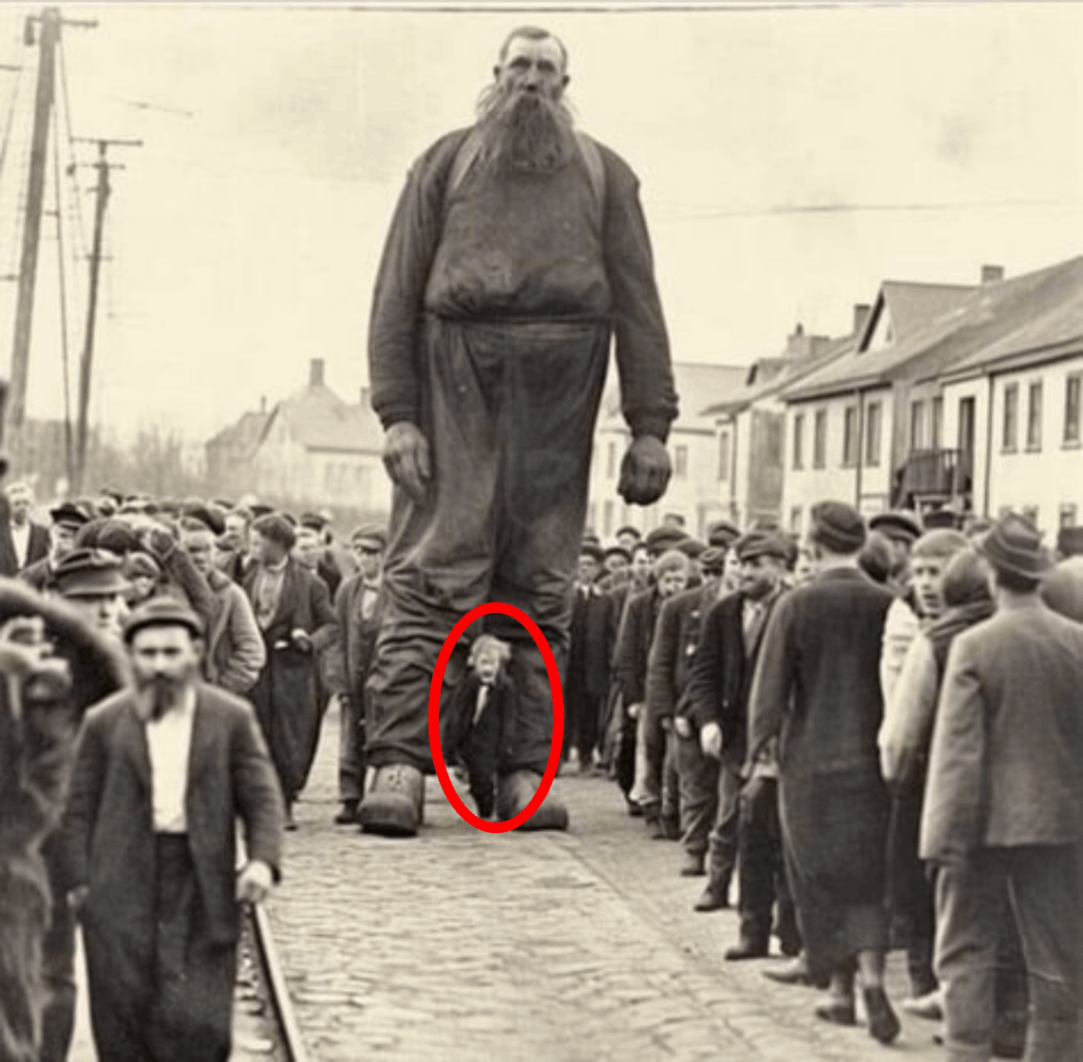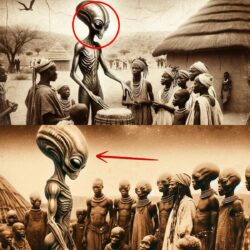
Delving into the annals of history unveils narratives that challenge conventional understanding and provoke intrigue. Among these tales lies the enigma of giant humans, a phenomenon obscured by time and overshadowed by mainstream discourse.
According to accounts shrouded in secrecy, giant humans once roamed the Earth, their towering stature and formidable presence defying comprehension. These giants, purportedly part of the ancient Tartarian culture, were said to possess remarkable longevity, with some reportedly reaching the age of 35 years old—a feat unparalleled in their time.
However, the existence of these colossal beings was not merely a footnote in history but a matter of intrigue and controversy. Allegations suggest that in an effort to preserve the dominance of civilization, orders from the Vatican mandated the extermination of these giants, whose synonymously related genome posed a perceived threat to established power structures.
Accounts from the late 19th century provide glimpses into the remnants of this enigmatic civilization, with reports of the last of the giants being paraded through the streets circa 1890. These spectacles, though fleeting, serve as poignant reminders of a lost chapter in human history—a chapter obscured by the sands of time and manipulated by forces beyond comprehension.
Yet, despite efforts to suppress their existence, the echoes of the giants resonate through the corridors of history, challenging our understanding of the past and inviting speculation about the truths hidden beneath the surface. As we unravel the mysteries of ancient civilizations, the enigma of the giants remains a testament to the complexities of human history and the enduring quest for knowledge and understanding.





